
At the the 2019 ASTR Conference, I presented as part of a Working Session entitled, “Latinx Publics.” The organizers for the workshop were Jon D. Rossini from the University of California at Davis and Patricia Ybarra of Brown University. I was fortunate to get feedback on my US Latinx Twitter project from Dennis Sloan of Bowling Green State University, Lilianne Lugo Herrera from the University of Miami, and Marcos Steuernagel from the University of Colorado at Boulder.
The Working Session’s abstract acknowledges how the “current U.S. public discourse around Latinx bodies continues to invoke threat, limits, celebration, and appropriation” and as a result, “we must find different ways of thinking about the historical intimacies of Latinx performance (onstage, in the street, in everyday life) and consider the geographies and geometries of Latinx publics.” Panelists “examine[d] and reimagine[d] the intersections of performances and publics (in regional theater, commercial tours, experimental interventions, and in the streets) in a world shadowed by the continued failed response to Hurricane Maria, family separation, anxiety over migrant caravans, and increasing recognition of shifting class, national origin, linguistic and regional demographics of Latinx populations.” The following questions oriented the Workshop papers and discussions: “how can we understand Latinx performance and reception in the present, and how might alternative conceptions of Latinx publics be excavated from our pasts?”


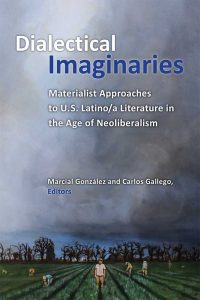
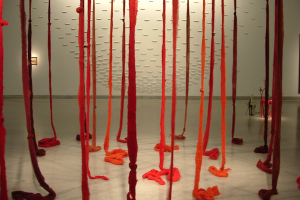
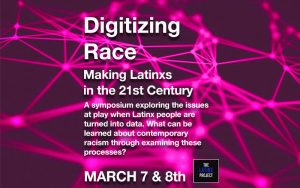
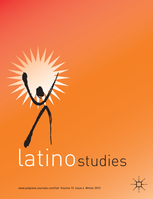
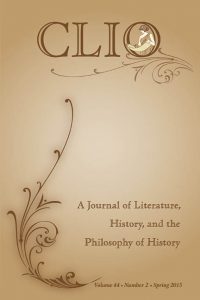
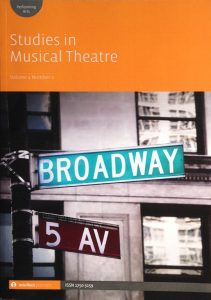 Check out the essay I recently published in a special issue of
Check out the essay I recently published in a special issue of